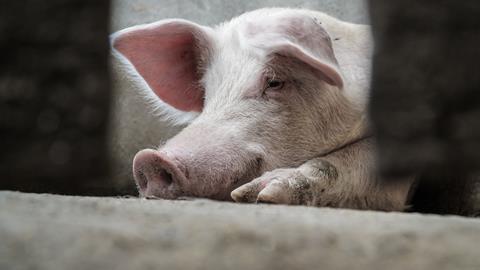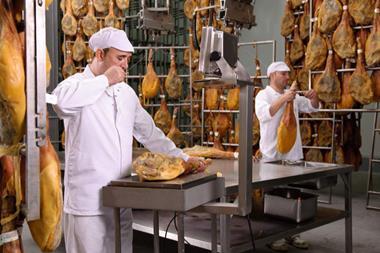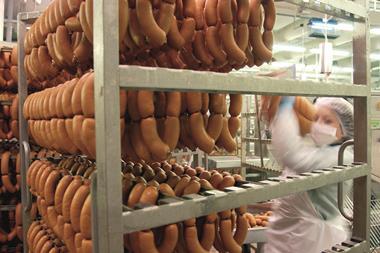It’s been a rubbish few months for food production. Rain and flooding have delayed planting in America’s corn belt, drought is hampering dairy production in Australia and African swine fever is spreading uncontrollably through Asia – with devastating consequences for Chinese pork production.
Things aren’t looking that great closer to home, either. Farmers are growing increasingly anxious about the lack of rainfall this spring, which has left water levels precariously low. If the UK has another dry summer, the impact on crops could be even worse than during last year’s heatwave, which followed a relatively wet period.
Meanwhile, Donald Trump is escalating trade wars with China and Mexico which – while they might have pushed prices down temporarily at the pumps – could prove hugely disruptive to agriculture trade flows. And as the US president flumps around Britain with all the subtlety of a sledgehammer – promising to treble trade with the UK if we put our NHS ‘on the table’ – everyone in the UK is too busy debating whether Boris Johnson would make a worse prime minister than someone who smoked opium on holiday, or the man dubbed ‘Theresa in trousers’, to worry about actually reaching any sort of agreement on Brexit before Halloween.
All in all 2019 is proving to be – as Rabobank predicted – a bit of a nightmare for food price stability.
And yet, so far this year, British supermarkets have (mostly) managed to keep a lid on prices. Our latest GPI data shows inflation was 0.1% in May, but that’s pretty negligible compared with the 1.1% surge seen in the same month in 2018.
US food fears: chlorinated chicken is the tip of the iceberg
It’s easy to see why the mults are desperate to stave off price rises despite higher commodity costs. Aldi and Lidl continue to gain market share and any wholesale increase in shelf prices in the big four could result in more customers abandoning them for the discounters.
But retailers do need to think carefully about whether they should prioritise chasing low prices ahead of sustainable supply.
British farmers and manufacturers have been battling squeezed margins ever since the 2016 referendum vote hammered the pound – and the latest weather, disease and political challenges mean they are unlikely to get a respite any time soon.
Even the UK’s surge in food and drink exports – which hit record levels in the first quarter of 2019 – is unlikely to deliver long-term support to margins, with the FDF warning this week that key buyers in global markets have already stopped buying British due to ongoing Brexit uncertainty.
As the pressures mount on the supply chain, it’s vital that UK supermarkets pay enough to cover the rising costs of production, or there is a real risk we could lose large swathes of our domestic production.
And while some argue we could just plug the gap with cheaper imports, the rapid spread of disease in Asia, the flood devastation in America and the drought ravaging Australia should be a timely reminder that global food markets are volatile, to say the least.

View full Profile
























No comments yet